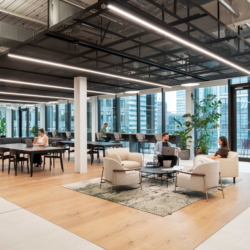July 25, 2013
Show us the money. Increasing pressure for ROI on talent management initiatives
Talent management is an integral part of the Human Resource role, but now HR professionals are being asked to provide some financial evidence. Four out of five (82%) of HR professionals are under increasing pressure to clearly demonstrate the financial return on investment of staff development a global study by Right Management has found. Although two thirds (65%) of UK-based senior HR executives believe that they are already highly effective at measuring the impact of their talent management initiatives, 85 per cent said that they are under rising pressure to demonstrate the outcome of these initiatives in monetary terms. (more…)
































August 14, 2013
Proceed with caution when using social media to recruit new talent
by Sara Bean • Comment, Knowledge, Legal news, Workplace
Time was, not so long ago that a job seeker could choose which aspects of their experience, interests and personality they wanted to reveal on a job application. For the employer this meant wheedling out the right candidates from a pile of written applications, then using the interview process to determine whether the applicant measured up to their requirements. Today, social media not only makes it easier for employers to reach a much wider universe of candidates – it also gives them the opportunity if they choose, to screen potential employees, and this is where legally, ethically and practically, new largely uncharted problems lie. (more…)